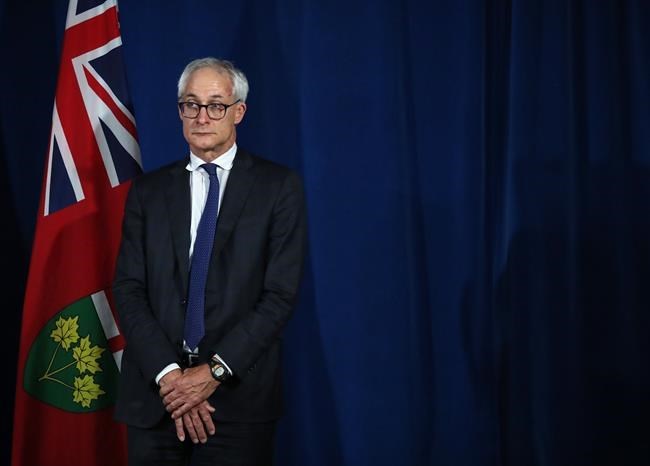A psychiatrist who treated a renowned Indigenous artist who died at a Thunder Bay jail is telling an inquest that inmates received inadequate mental health services at the facility.
Moses Beaver, of Nibinamik First Nation, was found unresponsive in his cell in February 2017 before being taken to the Thunder Bay Regional Health Sciences Centre, where he was pronounced dead.
An inquest into the 56-year-old's death began earlier this month and could make recommendations that include ways to improve mental health services in Thunder Bay's jail and across remote First Nations.
Dr. Peter Schubert, who worked as a psychiatrist at the Thunder Bay jail between 2003 and 2018, told the inquest today that the psychiatric services at the jail didn't meet the needs of the jail population.
He says he was scheduled to spend three hours a week in the jail to serve an average of 200 inmates, including many that had significant addiction and mental health issues.
The inquest jury heard earlier that Beaver, who was a self-taught Woodlands artist, had mental health issues and had sought help.
This report by The Canadian Press was first published April 25, 2023.
The Canadian Press
